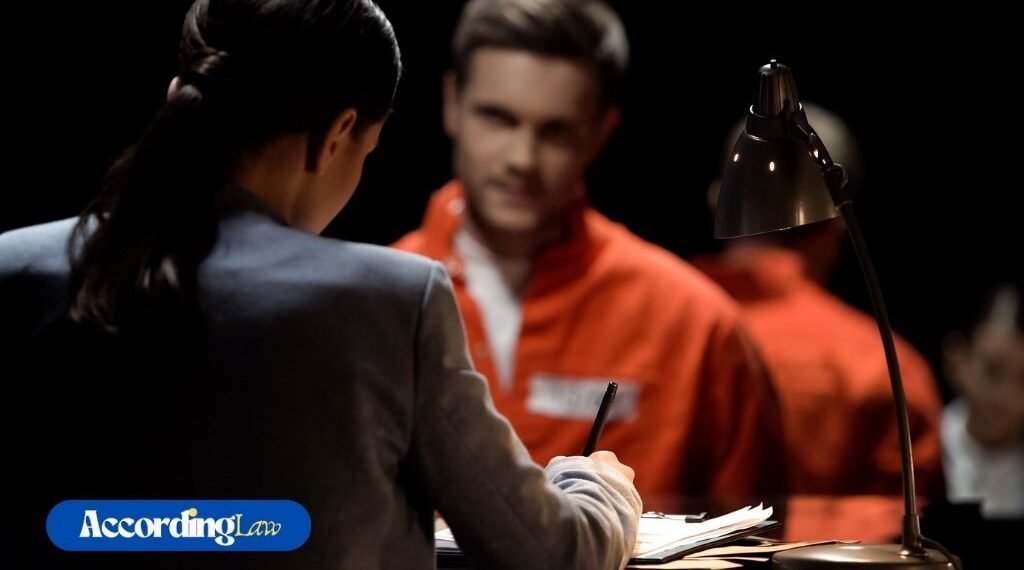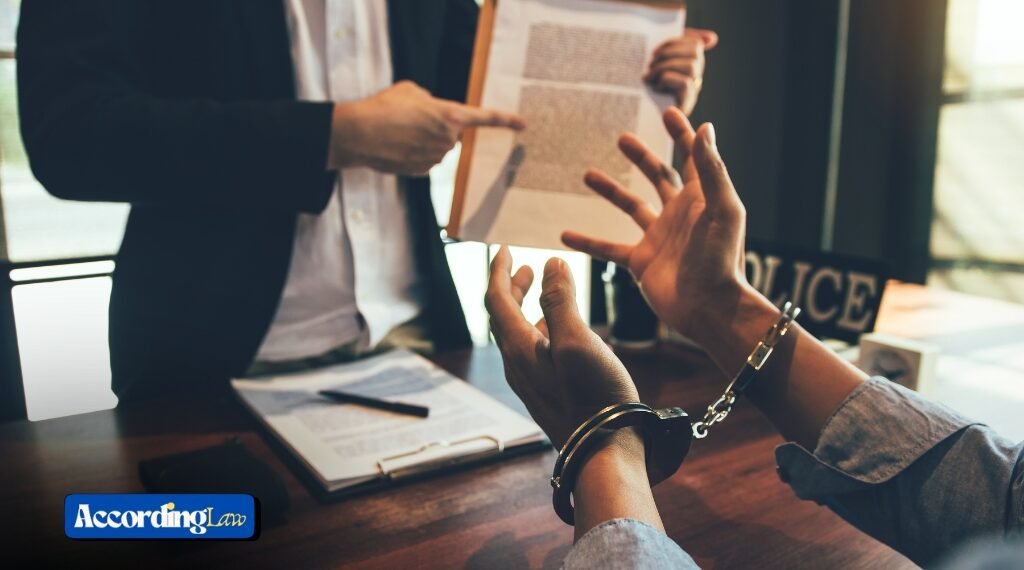Clearwater, Florida, known for its white-sand beaches and vibrant Gulf Coast lifestyle, is where life often feels relaxed and uncomplicated. But like any city, Clearwater has its share of legal challenges, and when those challenges take the form of criminal charges, the stakes can feel overwhelming. Knowing where to turn is critical for residents suddenly facing the justice system. Whether it’s a DUI, drug-related offense, or something more serious, the first meeting with a criminal defense attorney plays a crucial role in setting the tone for the entire legal journey.
It’s more than just paperwork and facts; it’s about clarity, trust, and strategy. Clients must understand their rights, the nature of their charges, and the steps ahead. A criminal defense lawyer serving Clearwater doesn’t just offer legal advice; they offer a sense of direction when everything else feels uncertain. This initial conversation lays the groundwork for building a strong, informed defense from day one.
Table of Contents
Initial Consultation
The initial meeting usually starts with an introductory consultation. This is an opportunity for the attorney to assess the client’s position. The client will discuss the charges, any evidence, and what happened before that led to the case. A lawyer should ask some questions to extract the essential information. This discussion allows the lawyer to determine the intricacy and obstacles that the case may possess.
Understanding Legal Rights
At this meeting, the lawyer will explain the client’s legal rights. These are vital rights you should be knowledgeable about when you are up against the judicial system. The lawyer will inform the client on how to assert these rights every step of the way. This gives the client the confidence to make decisions.
Discussion of Charges
Much of the meeting focuses on the alleged charges. The lawyer explains the charges and may describe potential outcomes and legal consequences. This discussion makes the client realise how serious the matter is, which also helps the lawyer find grounds to dispute the charges.
Exploring Defense Strategies
The attorney will seek out all possible defenses when the charges are understood. They will discuss different possibilities based on the information you provided. These tactics include disputing evidence, cross-examining witnesses, or providing an alibi. Number two, the defense attorney knows how to plan a defense. This plan will set the stage for upper management to act on it.
Clarifying Legal Processes
Understanding the legal process is crucial. The lawyer will tell you what to expect next, including court appearances, legal documents, and preparations as needed. This gives the client control over the expected timeline and procedures. It also alleviates fears surrounding the unknowns in the legal system.
Discussing Fees and Costs
This is an important topic of consideration. They will detail their fees and costs. This transparency keeps surprises to a minimum once they get started. The client can inquire regarding payment plans or other charges. Knowing the legal fees will be in advance is a big help in planning and budgeting for legal services.
The Importance of Honesty
Being honest in this relationship is essential. The client is required to provide accurate and complete information. Any lie, no matter how trivial, can destroy the defense. The case is built on accurate information that the lawyer relies upon. A well-functioning lawyer-client relationship is built upon trust.
Building a Relationship
This first meeting is also about building rapport. An attorney should impart information to make the client feel comfortable and confident. It is about trust and confidence in the lawyer’s ability. This relationship will be pivotal throughout the entire legal process.
Questions and Concerns
Clients should prepare questions before the meeting. This meeting will clear all your doubts or questions, if you have any. This is a chance to get in-context clarification regarding legal terminology, procedures, or results. When the lawyer and the client can talk openly, working well together is conducive to working well.
Next Steps
After the meeting, the criminal justice lawyer discusses what happens next. This can include obtaining more information, preparing documents, or scheduling future appointments. It helps them keep their thoughts organized and know what to expect next. These are synonymous actions between the lawyer and the client.
Conclusion
It can be daunting if it is your first time walking into a criminal defense lawyer’s office, but knowing what to expect and how to prepare can help ease your nerves. This first appointment is an essential part of forming a defense. With this meeting, clients can go into it confidently and clearly, knowing precisely what to expect. Knowing their rights and the process of the law, people can approach what is before them with greater clarity.


